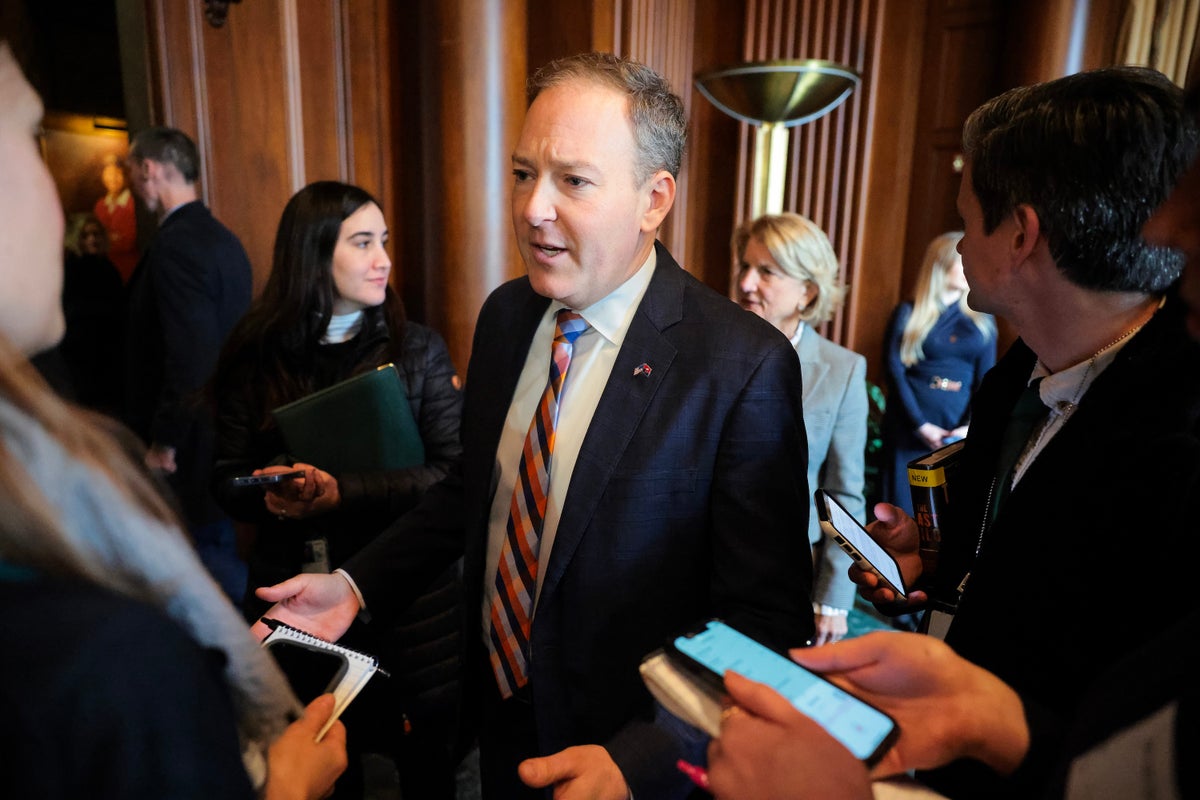The Environmental Protection Agency (EPA) has dismissed five employees who signed a letter in June criticizing the Trump administration for its rollback of pollution, climate, and health safety regulations. Four additional employees received removal notices, as confirmed in a statement released by the agency on Friday, which was first reported by the Washington Post.
In the June “Declaration of Dissent,” hundreds of EPA staff expressed concerns over the administration’s actions that they believe undermine the agency’s mission to protect human health and the environment. The signatories highlighted issues such as the agency’s disregard for scientific evidence to favor polluters and the dismantling of initiatives aimed at supporting disadvantaged communities.
Michael Pasqua, an EPA employee involved in managing drinking water safety in Wisconsin, stated, “The Administration is blatantly lying about the sourced facts of our dissent letter and are now blatantly retaliating and infringing on our constitutional rights.” Following the release of the letter, the employees were placed on paid leave, which extended multiple times as investigations were conducted into the circumstances surrounding the declaration.
The firings follow the agency’s decision in August to cancel employee bargaining and grievance rights agreements, raising concerns of potential retaliation against dissenters. Most EPA employees chose to sign the letter anonymously due to fears of repercussions, with the firings serving as a stark example of the risks faced by those who speak out.
Context of the Dismissals
During the first Trump administration, led by Scott Pruitt as EPA administrator, over 100 environmental regulations were rolled back, a trend that has continued into the current administration. Recent actions include cuts to federal solar and wind power initiatives, as well as the revocation of policies that support scientific integrity across various federal agencies.
This atmosphere of intimidation is not isolated to the EPA. In August, employees of the Federal Emergency Management Agency (FEMA) issued a “Katrina Declaration,” raising alarms over budget restrictions and cuts to disaster prevention programs. Those who signed were similarly placed on administrative leave, reflecting a broader pattern of suppressing dissent within federal agencies.
The dismissals have drawn widespread condemnation. Colette Delawalla of the advocacy group Stand Up for Science described the actions against the employees as a betrayal of dedicated public servants. “We all want clear air and water for ourselves and our families,” she stated, emphasizing the importance of legal protections for whistleblowers.
The situation at the EPA has sparked a wave of dissent among federal employees. Hundreds from various agencies, including the National Institutes of Health (NIH) and the National Science Foundation, have signed public letters voicing their opposition to the administration’s policies. This resistance is unprecedented, as it marks a significant departure from the traditionally reserved nature of federal employees.
While the specific reasons for the dismissals have not been publicly detailed, the trend suggests a growing intolerance for dissenting voices within the government. This raises questions about the future of scientific integrity and environmental protection under the current administration.
As the political landscape continues to evolve, the impact of these dismissals and the responses from federal employees will likely shape discussions around governance, environmental policy, and the role of science in public decision-making.
